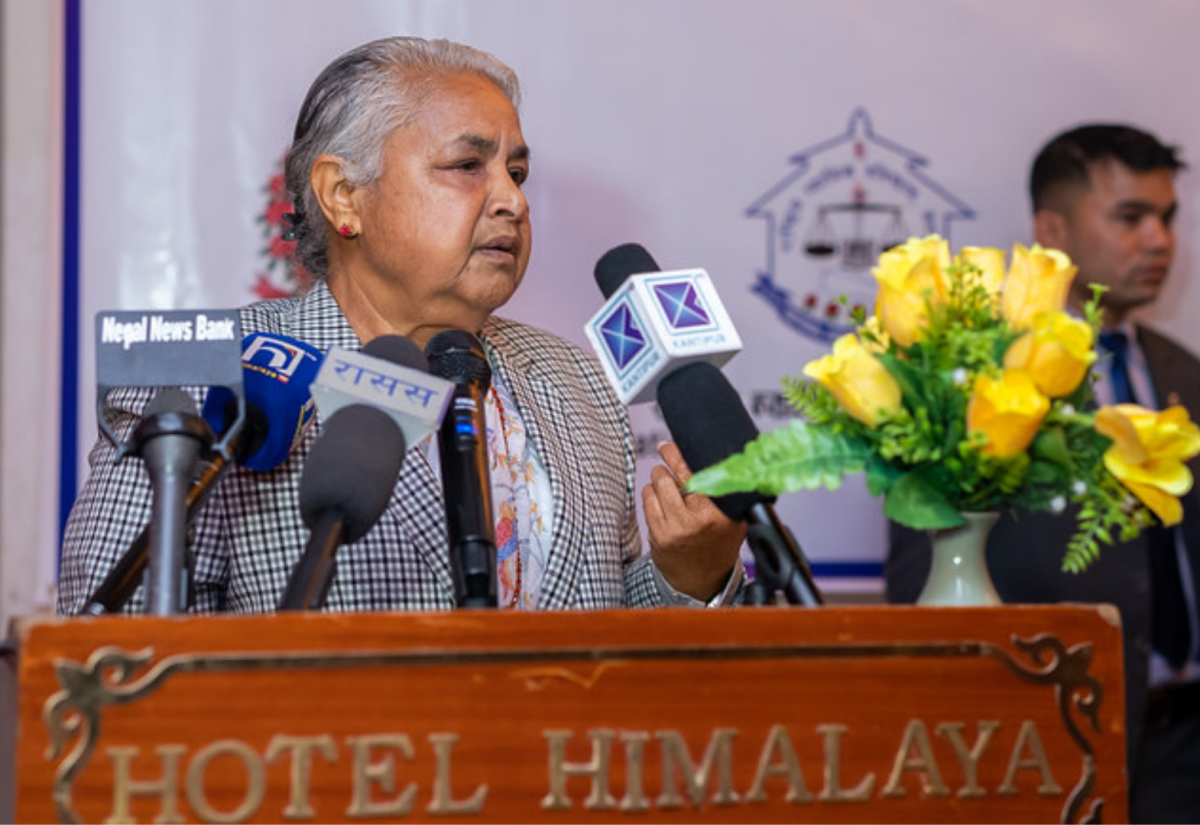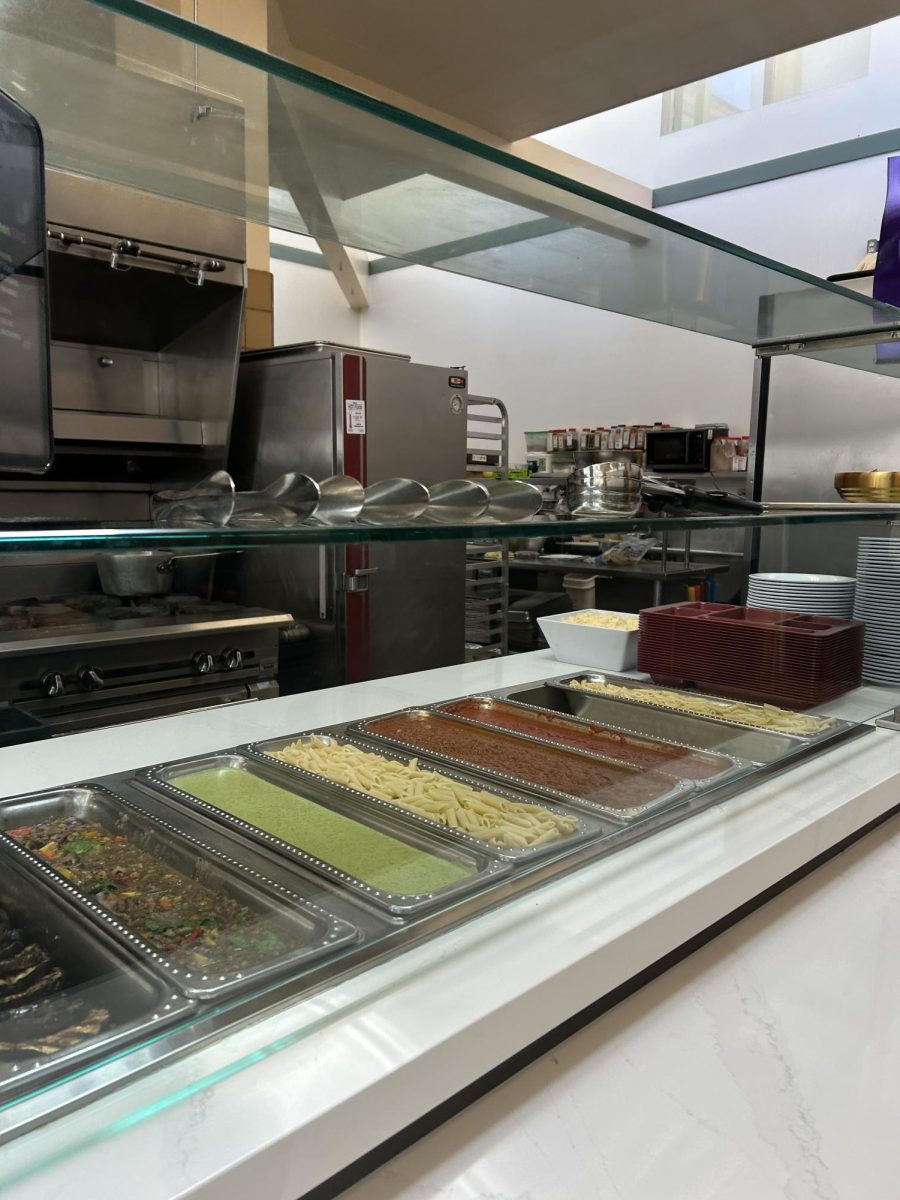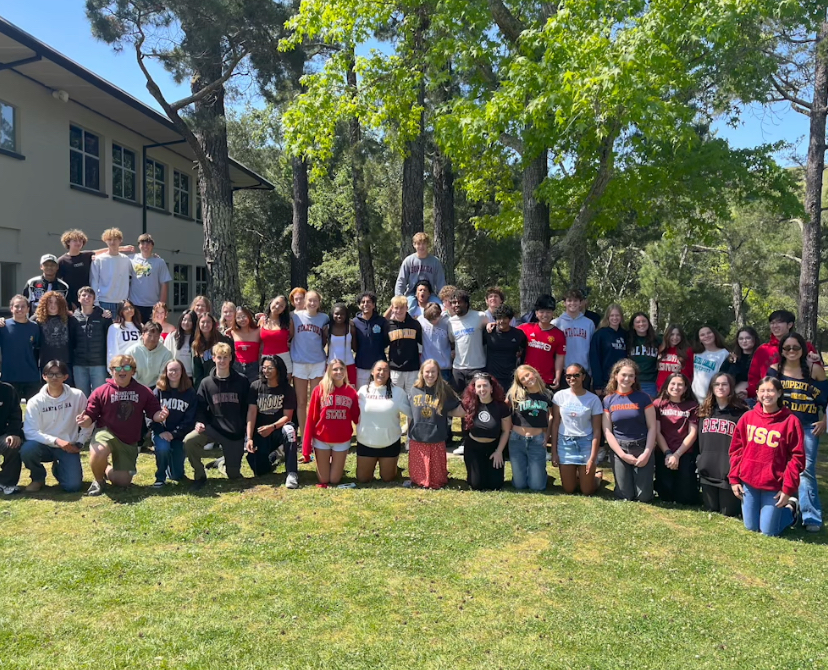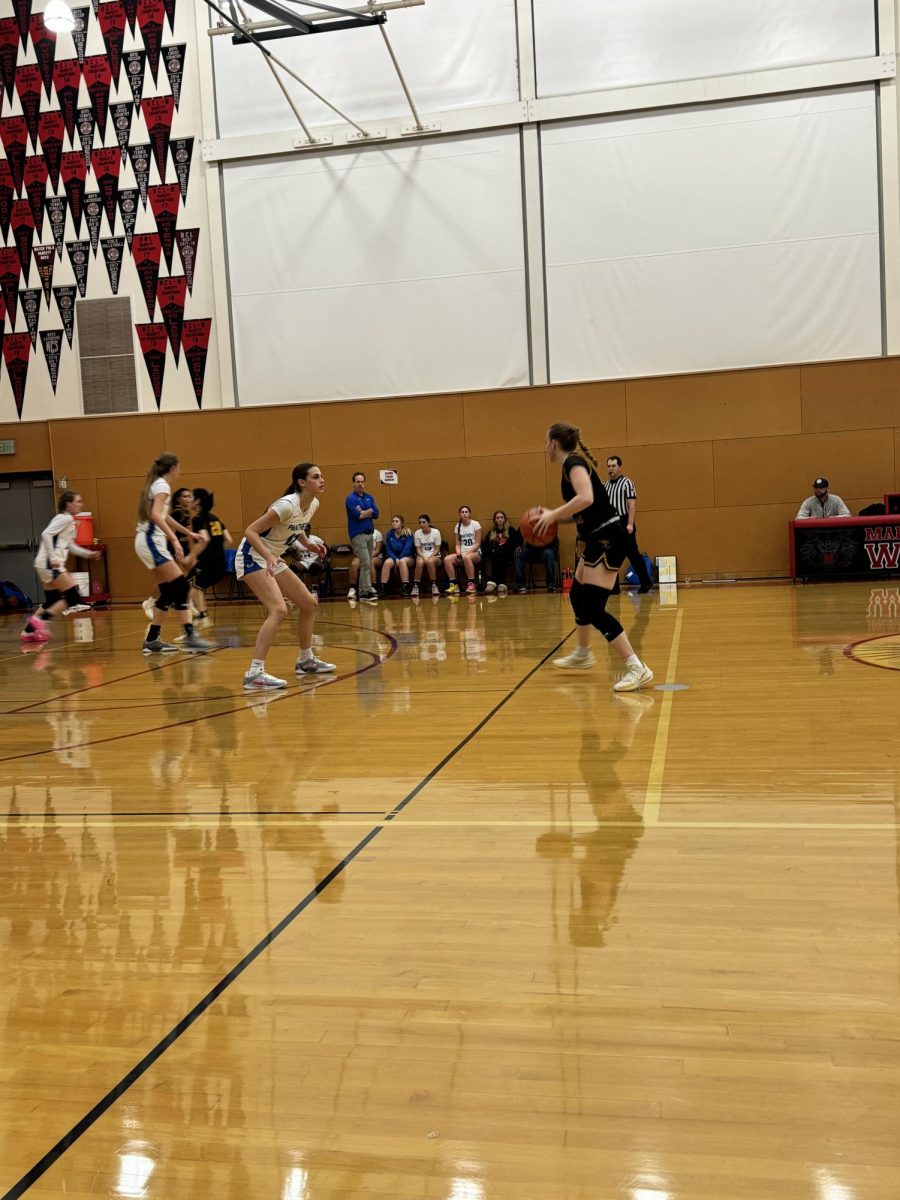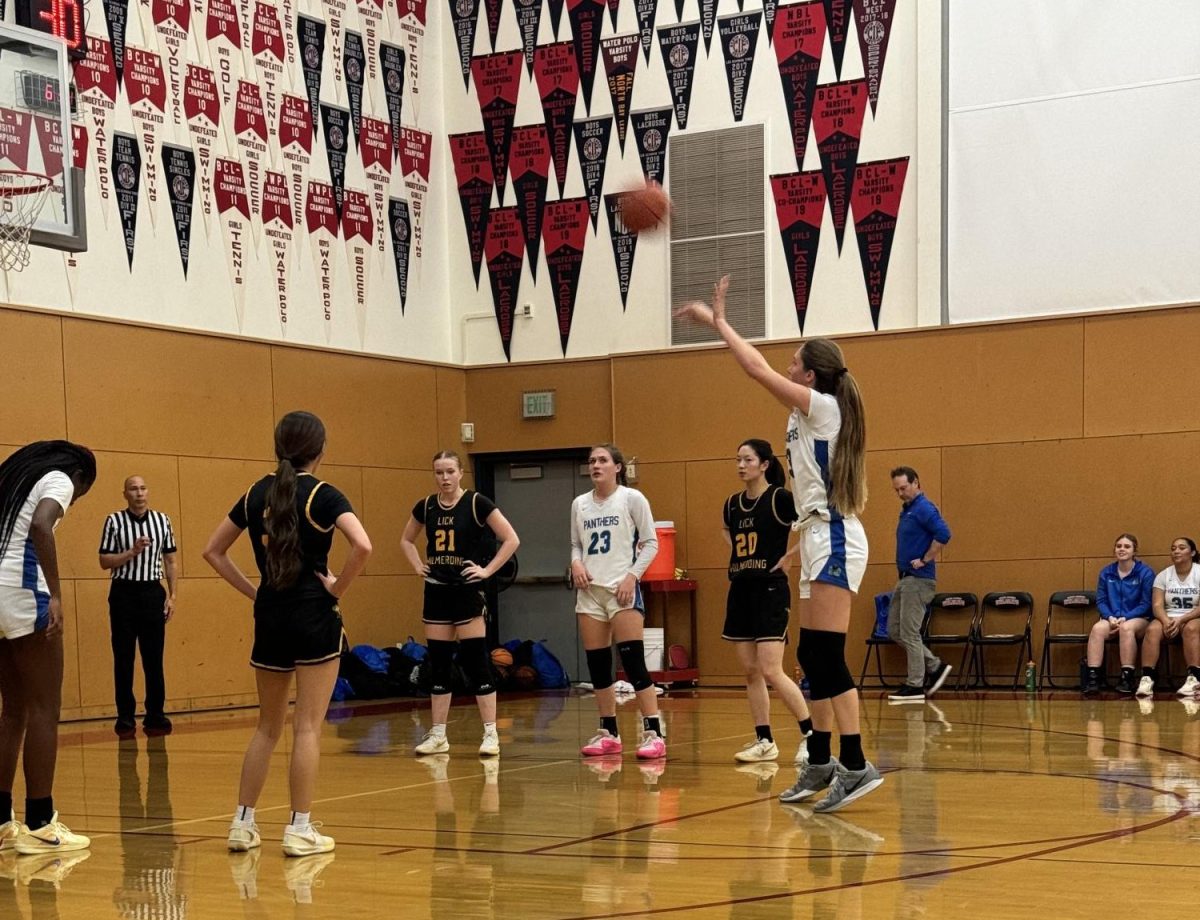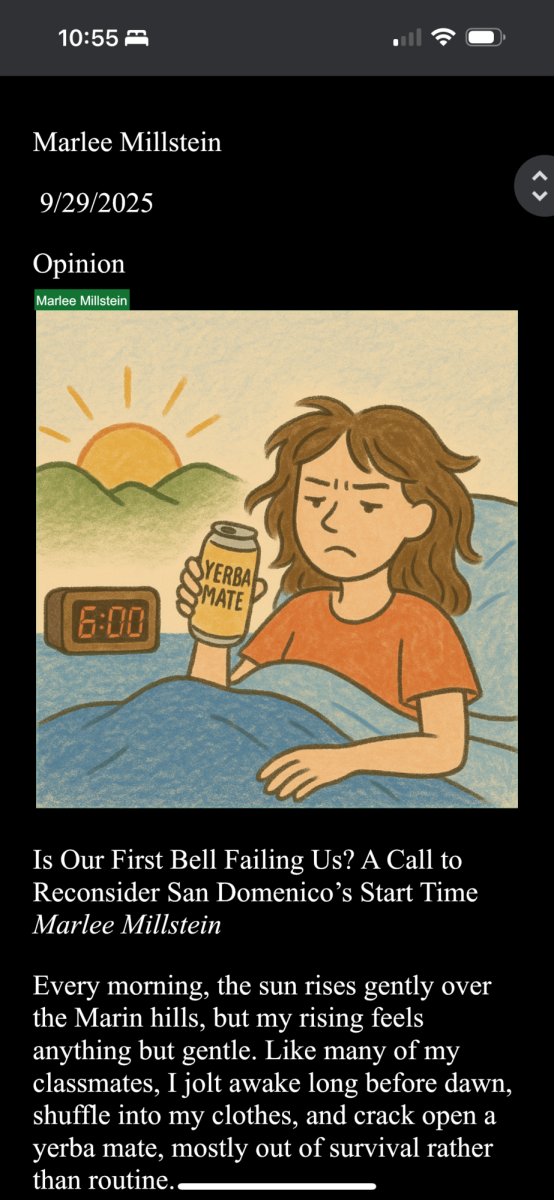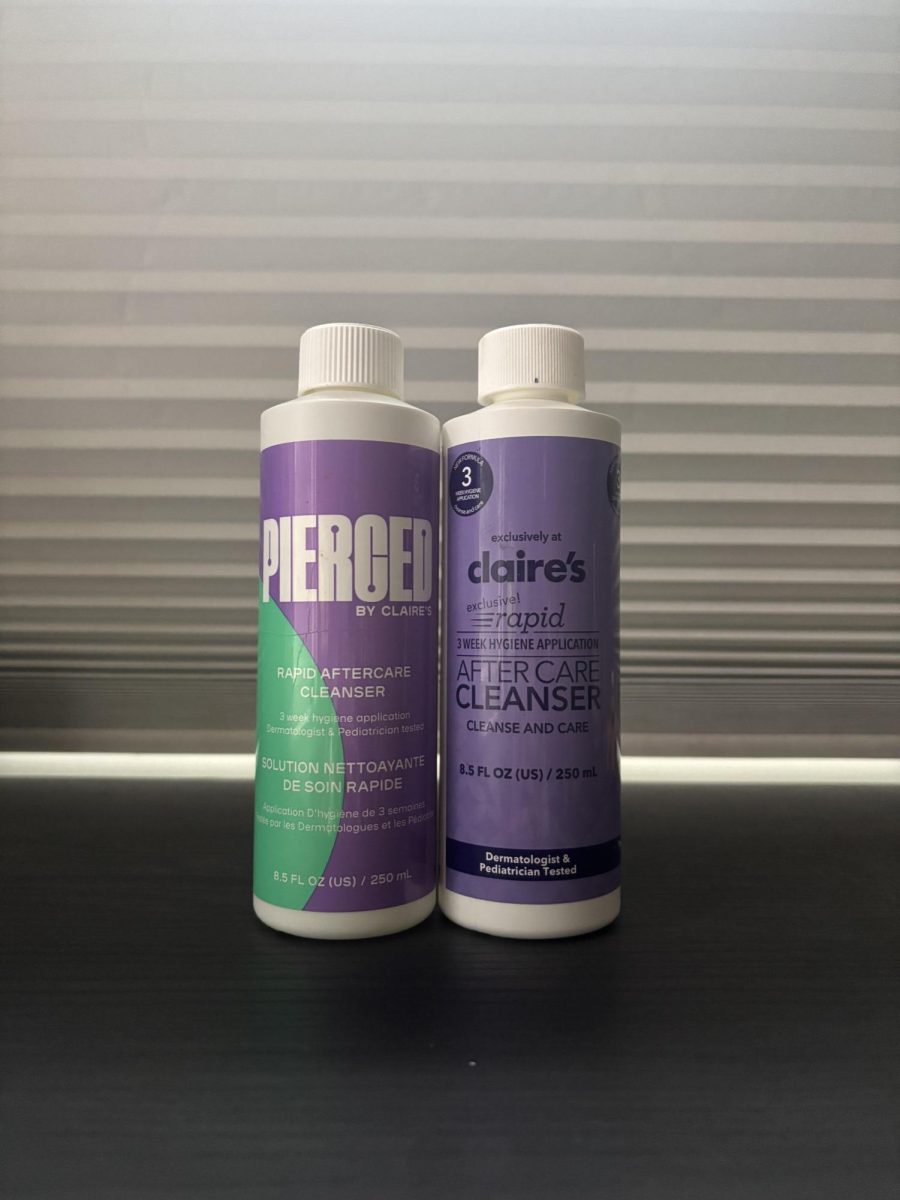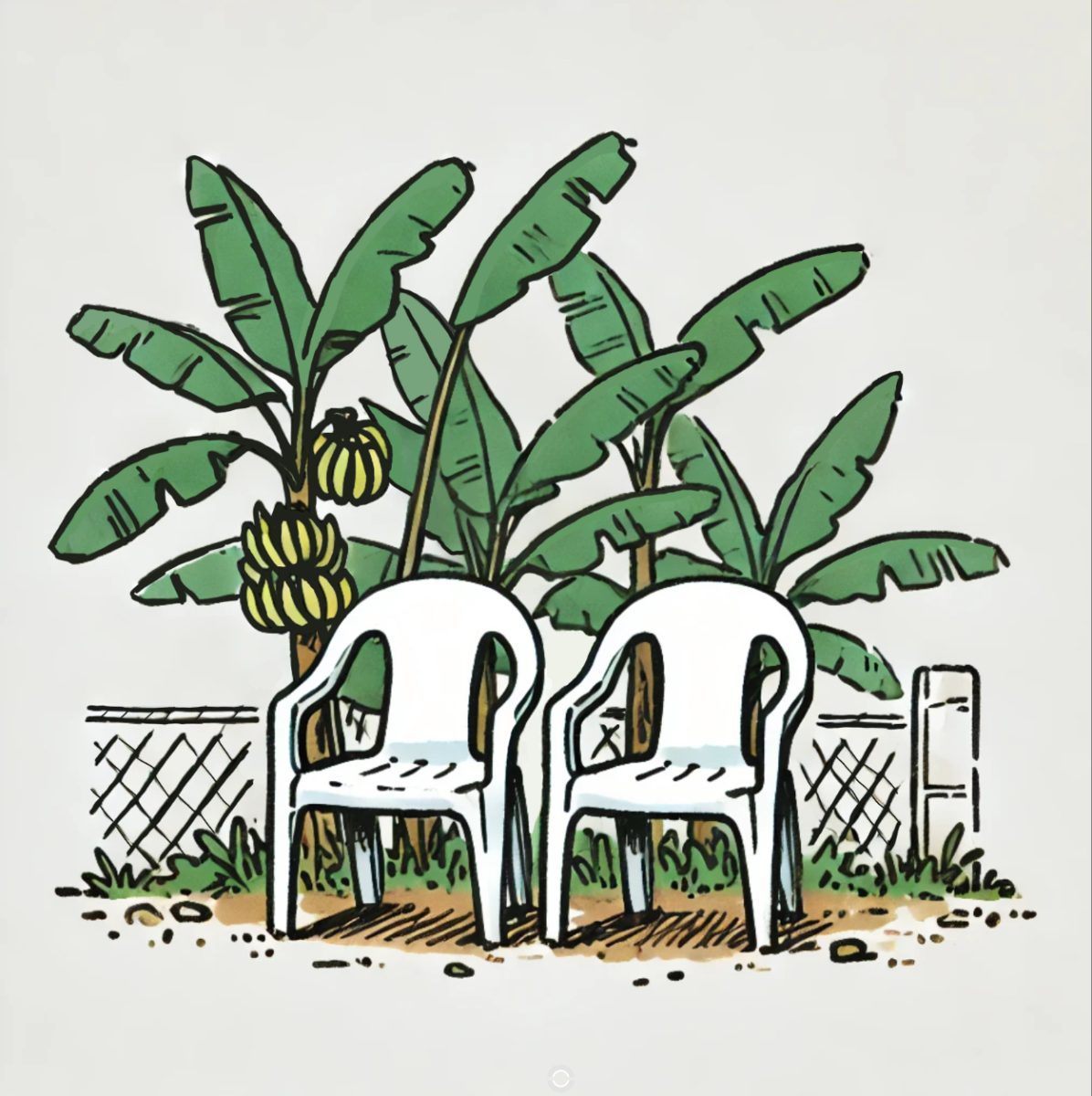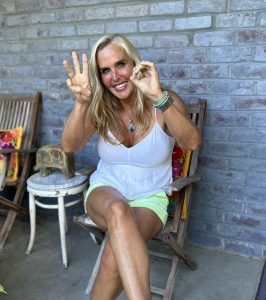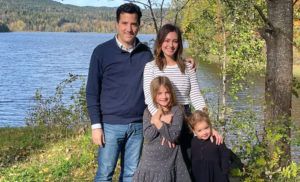It’s time to take a chill pill
“Chill Pills”
March 28, 2023
You don’t need to fill your schedule. Time is a limited resource; every minute spent agonizing over multivariable calculus or feeling your brain go numb staring at an accounting spreadsheet is a minute that you could be connecting with friends, watching your new favorite show or playing with your pet. So why do we pack our precious few waking hours with mountains of extracurricular activities and the hardest classes we qualify for?
Ingrained in our culture is the idea that “busy equals good.” Being busy in modern America is seen as a virtue; we tend to see busy people as hardworking, ambitious and doing more important work than their peers. Of course, those appearances can sometimes be deceiving. Being occupied doesn’t mean you’re doing important work, and important work isn’t always time consuming: a white collar worker might fly under the radar collecting overtime pay for very little, and a substitute teacher might be doing necessary work in less than a 40 hour work-week. Busyness for busyness’s sake is a powerful status symbol, but it’s not one that’s required to live a fulfilling, meaningful life.
However, most of us don’t work just to look good.
We work because we have to, or at least we think we do. We sign up for hard classes to get into a good school (and eventually a good job). We work overtime because we want the money. We play organized soccer or chess or violin competitively because they’re activities we enjoy and want to improve at. Scheduled, difficult activities benefit us — they improve our skill sets or create opportunities — but how often do we think of what we’re trading away?
An overloaded schedule leaves no room for life’s unplanned moments. Spontaneous get-togethers become a thing of the past, or at least significantly harder to pull off. Relationships not directly involved in your planned activities can fall to the wayside. And it isn’t just good moments that a rigid schedule can leave you unprepared for. An unexpected injury or sickness, a death in the family, even a bad night’s sleep can all topple the house of cards you’ve so delicately balanced if you don’t leave room in your schedule for rest and recovery.
You’ve got to pick your battles, and based on the statistics, probably fewer of them. According to research from Gallup, as of Dec. 2022 approximately 76% of workers experience burnout at least sometimes. As tempting as it can be to try fitting in everything we want to do – or think we should do – into our days, it’s ultimately counterproductive.
It can be tempting to think of time outside of work as time wasted, or only useful in improving our capacity for getting everything else we want done. But free time has value of its own. There are shows to be watched, games to be played, books to be read that all have the intrinsic value of being, well, fun!
An obsession with progression can blind you to the fact that life isn’t all about meeting the next deadline and moving up in your career. There’s value to be had in taking time to enjoy life. A book you make time to read might lead you to an epiphany; being caught up on your new favorite show could lead you to making a new favorite friend.
But even when a book is just a book, and a show is just a show, they’re still valuable experiences. It isn’t a weakness to seek out fun and entertainment; enjoying life isn’t limited to children and retirees.
It’s good to have goals, but not every decision has to be geared towards the future. The present has plenty to offer, so don’t look the gift horse in the mouth. It’ll help you both in the short and the long run to make sure you have some regular time for yourself.
So here’s to taking a chill pill and taking a load off—to lazing about on a Saturday afternoon and going to the mall with friends on a whim. The world can wait; you’ve got some relaxing to do.

